One of the toughest questions for a prospective dog owner to answer is �What breeds of dogs make sense for me now and also for 5, 10 and 15 years down the road?� The owner needs to evaluate what facets of their life they view as most important and then take an in depth and realistic look at where they see themselves and their family members, dogs included, in the future. Once this is done, then it is time to decide what breeds of dogs fit into that lifestyle best.
In order to pare down the many breeds of dogs, it is advisable to look at the various groups of dogs that these are classified into. There are 7 very diverse groups of dogs as recognized by the American Kennel Club. Each of these groups contains their own unique list of dog breeds. By looking at each of these groups and the characteristics of these groups, someone looking for a dog can narrow down to a specific group and then look at the specific breeds within that group to determine the best fit.
Sporting Dogs: Labrador Retrievers, Brittanys, Cocker Spaniels and others
These particular dogs were bred to aid hunters in the finding and gathering of game. They tend to be very active and are very trainable. However, it is important to note that these dogs need to be continuously stimulated both mentally and physically. Without proper training and consistent exercise a breed in this group will most likely get bored easily and can become destructive.
Hound Dogs: Beagles, Bloodhounds, Greyhounds, Dachshunds and others
This breed contains both sight and scent hounds. They were bred for tracking game. This group contains breeds that are very independent. This leads to stubbornness which can cause problems when you are training them. Hound Dogs also tend to have a lot of breeds with a loud bark which can at times become an issue.
Working Dogs: Boxers, Rottweilers, Siberian Husky, Newfoundland and others
This group contains dog breeds that perform tasks ranging from police work to water rescue. Working dogs are very intelligent and were bred to work within a team. They require consistent exercise and thrive on the consistency of a strictly maintained routine. These dog breeds tend to be large and powerful which does not always translate well to a family with small children or elderly members. There are frequent occurrences of territorial aggression in this breed as well, if not socialized and trained properly at a young age.
Terrier Dogs: Miniature Schnauzers, Cairn Terriers, Scottish Terriers and others
These breeds were originally bred as �ratters�. They specialized in tracking and killing vermin and rodents. They are a very high energy breed and can be very independent. Persistence is one of the best words to describe the personality of a terrier. Trainability can be an issue and patience is of the utmost importance for a terrier owner.
Toy Dogs: Pomeranians, Shih Tzus, Yorkshire Terriers and others
These breeds were specifically bred to be small in stature. They are perfect for companionship and also work as serviceable protectors. They are not suited for families with small children who could unknowingly injure them. They are trainable but need to be continuously taught as to avoid letting them get bored.
Herding Dogs: Border Collies, German Shepherds, Welsh Corgis and others
These breeds were used primarily to work directly with livestock. They tend to be very alert, responsive and are very intelligent. Constant exercise and mental stimulation are required for this breed. From children to other pets, these breeds tend to herd everything that they can.
Non-Sporting Dogs: Boston Terriers, Bulldogs, Dalmatians, Lhasa Apsos and others
This is the most diverse group and each breed should be evaluated on a breed by breed basis to see if a dog in this group fits into your family. This group covers a wide variety of sizes, personalities and appearances.

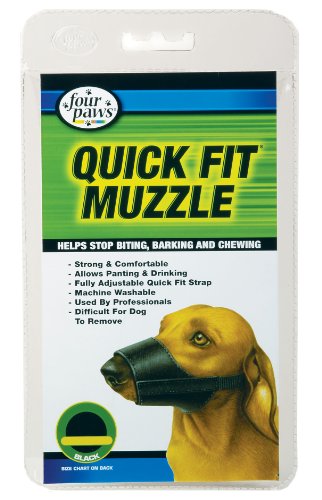 A Guide to Protecting Your Vicious Breed
Credit: Pitbull by ArielleJay, Rottweiler &am
A Guide to Protecting Your Vicious Breed
Credit: Pitbull by ArielleJay, Rottweiler &am
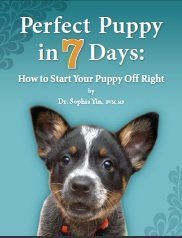 What Is My Dog Really Thinking?
Scientific Proof The proof i
What Is My Dog Really Thinking?
Scientific Proof The proof i
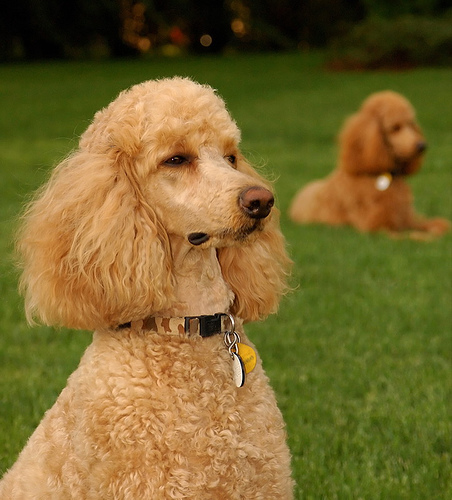 Hypoallergenic Dogs List - The Best Dog Breeds For People With Allergies Or Asthma
Dogs For People With Allergies Or Asthma
Whenever I
Hypoallergenic Dogs List - The Best Dog Breeds For People With Allergies Or Asthma
Dogs For People With Allergies Or Asthma
Whenever I
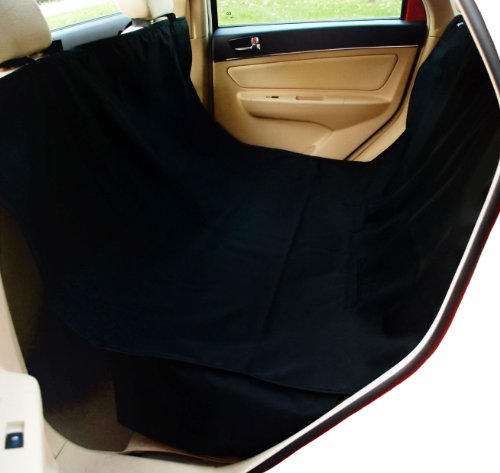 Pet Hammock for Car
We have an old dog called Sa
Pet Hammock for Car
We have an old dog called Sa
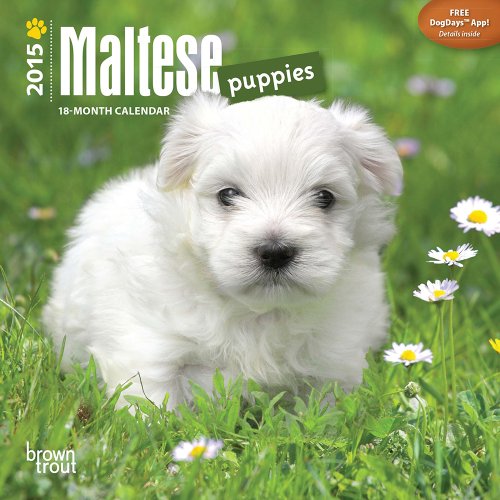 The Maltese Dog is a Loving Companion to Royalty and Celebrities Alike
The Maltese is a popular bre
The Maltese Dog is a Loving Companion to Royalty and Celebrities Alike
The Maltese is a popular bre